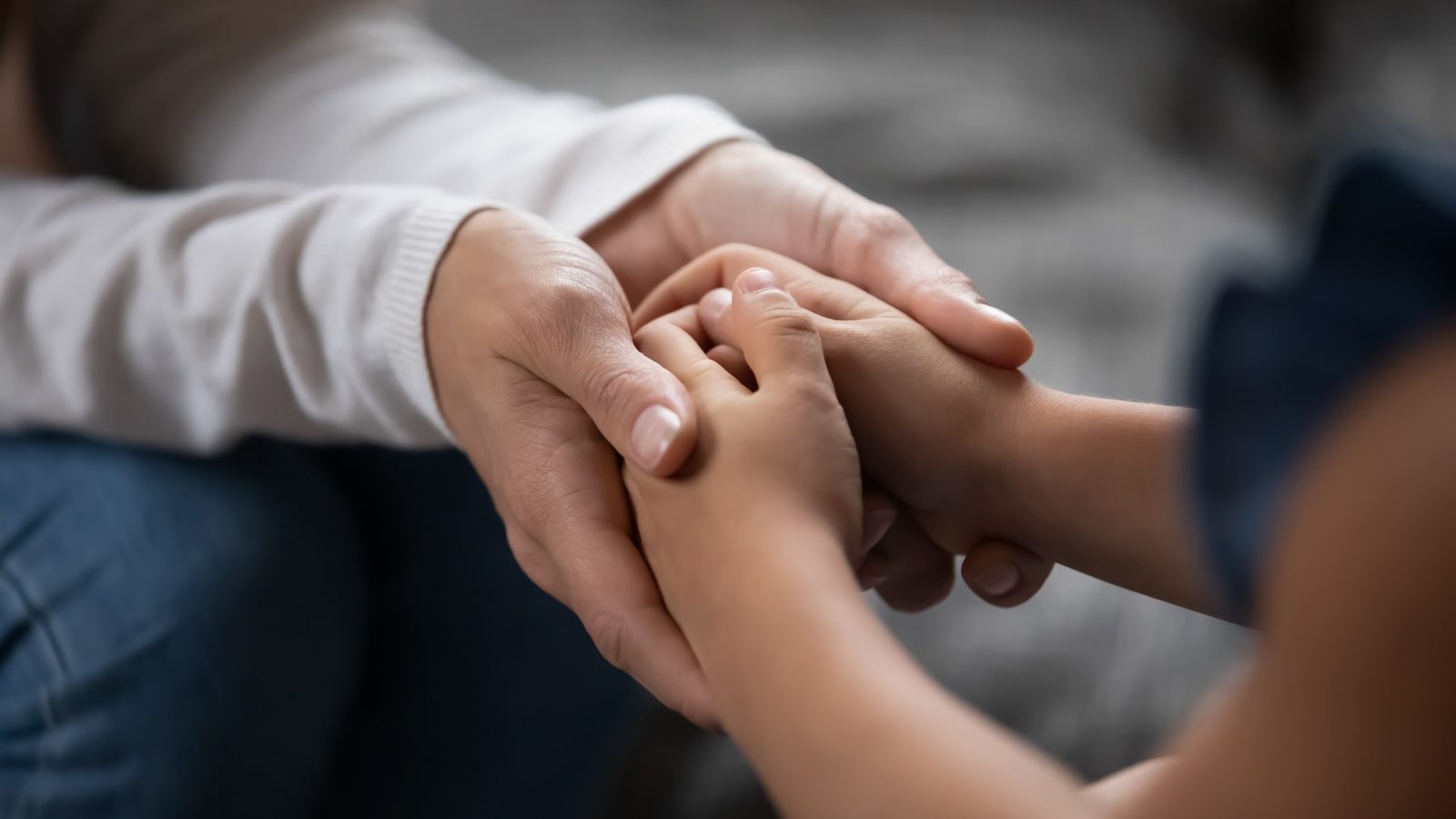News | Community
Focus On School-Based Mental Health for Students with Dayna Heckstall, LCSW, Clinical Supervisor of Ryan Health’s School-Based Mental Health Center

“Kids’ mental health is in crisis,” the American Psychological Association reported in 2023. America is in a mental health crisis, the US Surgeon General declared as we were emerging from the Covid-19 pandemic. But the signs were evident in the decade before the pandemic, according to the Centers for Disease and Prevention (CDC). Persistent sadness and depression increased by 40%, according to the CDC’s Youth Risk Behavior Surveillance System.
Depression, Anxiety, and Trauma as Primary Mental Health Concerns
Our providers are dedicated to engaging in continuous training to learn improved methods for providing quality care, especially in addressing depression, anxiety, and trauma, which are primary mental health concerns.
According to recent data, trauma affects a significant portion of teenagers in New York City, particularly those aged 13 to 21. The prevalence underscores the importance of targeted interventions and support systems tailored to youths' mental health needs.
Holistic Approach to Mental Health
Ryan Health provides primary care and mental health services at seven school-based health centers. Some school campuses house several schools. We offer individual and group therapy for students ages 5 to 19, as well as workshops for teachers, administrators, and parents.
Successful Workshops
We have successfully conducted workshops focusing on harm reduction, boundaries & consent, and bullying, which are integral components of addressing mental health challenges among children & teenagers.
Impact of the Pandemic
The COVID-19 pandemic severely impacted existing mental health challenges among youth, including feelings of hopelessness, difficulties in socializing, academic pressure, and low motivation. As students navigate the transition back to in-person learning, addressing these challenges remains a priority.
Social Media
Social media has emerged as a significant influencer of youth mental health, with constant exposure to information and connectivity posing challenges. While limiting access to social media presents challenges, creating spaces for processing experiences is crucial in mitigating its negative impacts.
Identifying Student Needs
Students aged 10 and under have concerns about separation anxiety. They often have a hard time entering the building and not wanting to leave their parents. Middle and high school students are figuring out who they are and learning from peers. In all cases, the significant lapse in in-person class time caused by the pandemic made the problem worse. They are re-learning how to engage with teachers and other kids.
Many are thrown off by large classroom sizes. After being home with only a handful of other people for so long, being in a room all day with 30 people can cause hyperactivity and create outbursts. Also, educators have much more to do in the classroom now. It’s hard to help kids deal with heavy emotions in the middle of a crowded classroom.
At Ryan Health's school-based health centers, we prioritize students' autonomy and privacy while providing comprehensive mental health support. Our culturally competent staff ensures that diverse perspectives are considered in delivering effective care.
Community Engagement
We actively engage with families and communities to foster collaboration in supporting students' mental health. By emphasizing participation and advocating for their children, we aim to create a supportive ecosystem conducive to overall well-being.
Supporting Students
Kids today are much more upfront about their needs. They will say they are in crisis and must speak with someone immediately. Ignoring that is not the answer. That creates distractions and hampers the situation even more.
At Ryan Health’s school-based health centers, there’s an even split regarding how kids come to us. Some are self-directed and come on their own, while teachers or administrations bring others. We also have family referrals. But even then, some students don’t want their families involved, and we respect their privacy. Usually, these kids recognize what they need to do for their well-being.
Mental health is always a sensitive topic. Some families have a cultural opposition to mental health treatment. BIPOC families, for instance, are often more hesitant to engage, although I see that slowly changing. We explain that we are working with the family, not against them, to benefit their child. We try to make them understand that we are being preventative to avoid the hard lesson of a crisis.
Creating a safe space for everyone and ensuring diversity is a big factor. We know that the healthcare system has historically overlooked many communities, and we want to correct that.
We also want their participation. Parents need to advocate for their kids, who they know best. We share as much information as we can—about our program, healthy activities and therapies, and coping strategies—but involvement is the key. We need family input and to hear from the community because that’s how we help our kids.
Improving Outreach Efforts
In response to the growing demand for mental health support among youth, we have intensified our outreach efforts. Through targeted initiatives and community partnerships, we aim to reach a broader population of young individuals in need. Our goal is to bridge the gap between mental health services and those seeking support, ensuring accessibility and inclusivity for all.
Over the past year, our outreach efforts have yielded promising results. We have witnessed a 30% increase in the number of youth accessing our mental health services compared to the previous year. This growth reflects our commitment to meeting the evolving needs of our community and ensuring that no young person is left behind in their journey towards mental wellness. We have an open door policy that allows students to come into the clinics for screening and schedule appointments. All of our school stakeholders receive referral forms to assist with providing services and connecting students and families with care.
To make an appointment to visit one of our school-based health centers visit https://ryanhealth.org/services/sbhc or call 212-749-1820.